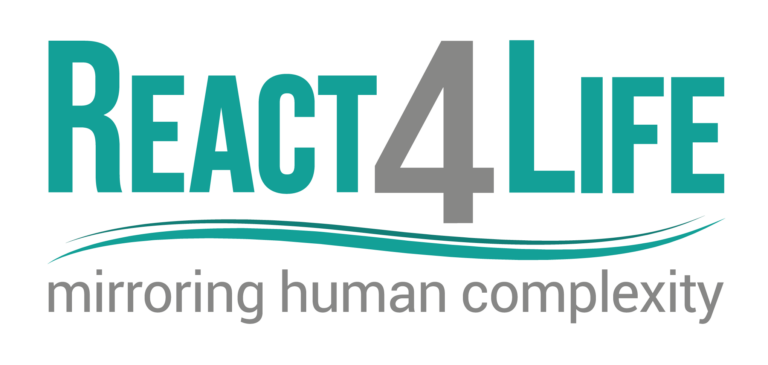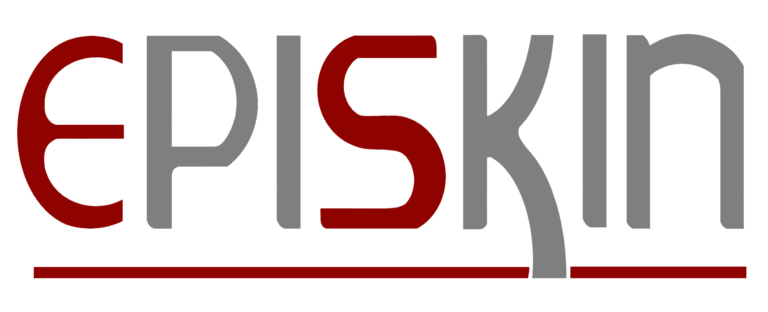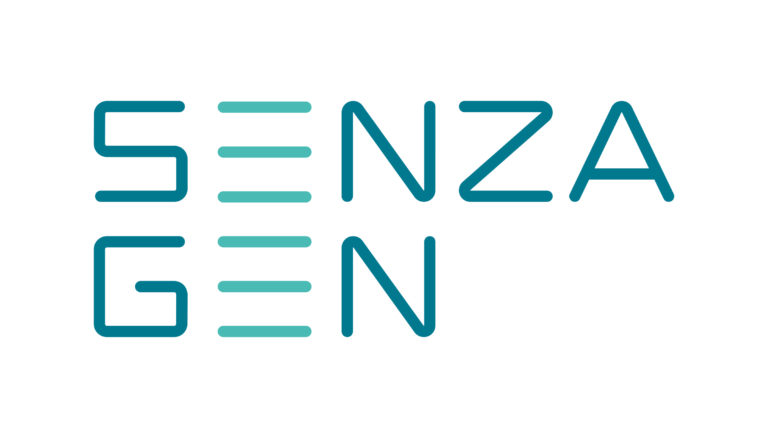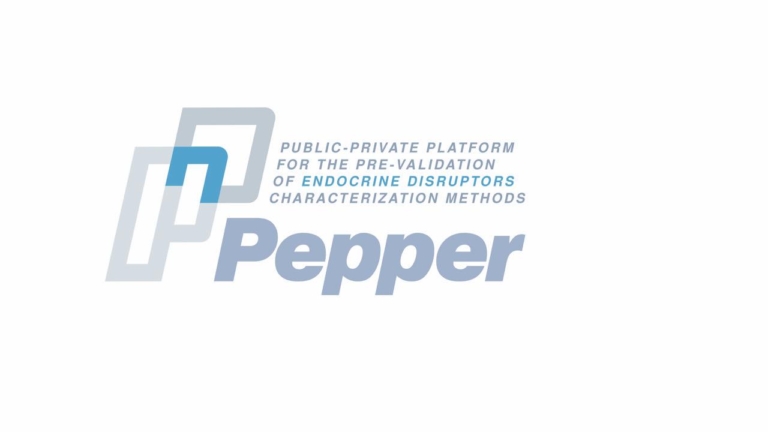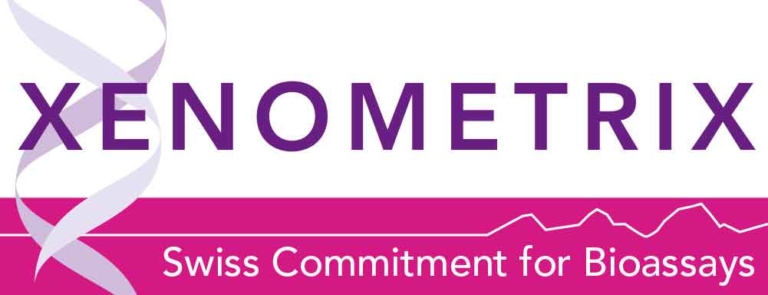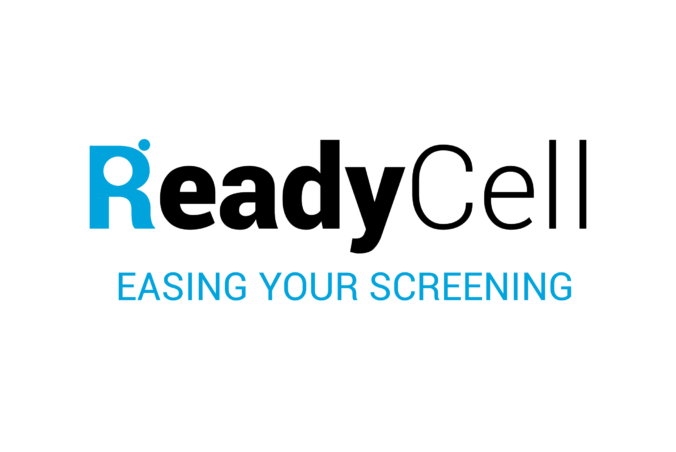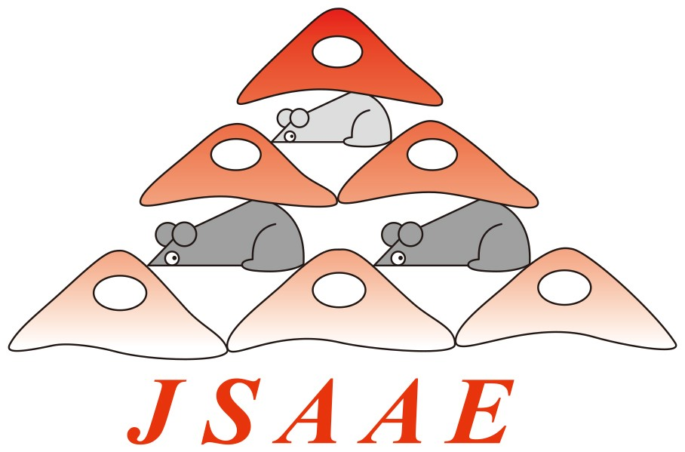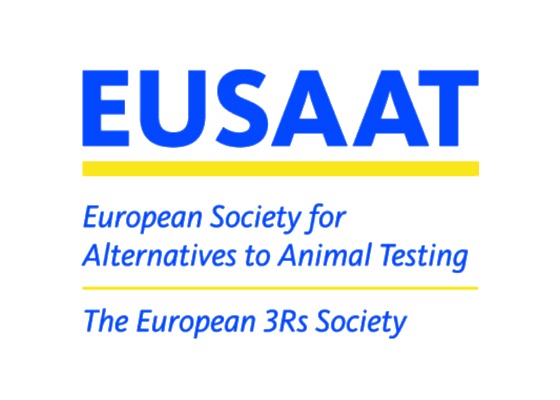Join ESTIV’s Mission to Revolutionize Toxicology Research
ESTIV, a leading society committed to advancing New Approach Methodologies (NAMs) in toxicology, is proud of our collaboration with Toxicology in Vitro – TIV, Alternatives to Animal Testing – ATLA, (ESTIV affiliated Journals) and other forward-thinking journals such as EBT and others. Our goal is to champion the transition from animal testing to more innovative, reliable in vitro and in silico methods. Through these partnerships, we facilitate special issues that spotlight cutting-edge research in the field.
Explore Recent Calls for Papers
Embrace this opportunity to disseminate your research, contribute to the evolution of toxicology, and engage with a global community of scientists dedicated to ethical and groundbreaking methodologies. Discover our latest calls for papers and how you can contribute to this transformative journey.
Stay informed, get involved, and help shape the future of toxicology.
TIV: ESTIV 2024 Special Issue: The Application of New Approach Methodologies (NAMs) in Drug Discovery and Drug and Chemical Safety Assessment
We are thrilled to announce the launch of a Virtual Special Issue (VSI) of ESTIV 2024 in Toxicology in Vitro, dedicated to showcasing the innovative work of scientists in the field of toxicology. This special issue, coded VSI: ESTIV 2024, offers a unique opportunity for researchers attending and presenting at ESTIV 2024 to publish their findings in a prestigious journal.
Please ensure your manuscript adheres to the submission guidelines of Toxicology in Vitro. Submit your paper through the journal’s submission system and include the code VSI: ESTIV 2024 in your submission.
Guest editors:
Dr. Helena Kandarova, Centre of Experimental Medicine Slovak Academy of Sciences, Bratislava, Slovakia
helena.kandarova@savba.sk
Dr. Markéta Dvořáková, National Institute of Public Health, Prague, Czech Republic
marketa.dvorakova@szu.cz
Dr. Benoit Maisonneuve, The University of Queensland, Brisbane, Queensland, Australia
benoit.maisonneuve@netri.com
Manuscript submission information:
This special issue is invite only for the attendees of the 22nd International Congress on In Vitro Toxicology (ESTIV 2024).Submit your papers via the TIV submission portal and as Article type select VSI: ESTIV 2024
https://www.sciencedirect.com/journal/toxicology-in-vitro/about/call-for-papers
Submission deadline: 03 November 2024
ATLA: Virtual Special Collection on Serum-free approaches
ATLA is pleased to introduce this online special collection of papers on Serum-free approaches.
This collection comprises papers that either used or discussed serum-free approaches in pursuit of completely animal-free replacement alternatives.
Already published papers in this VSI:
Addressing animal welfare issues in fetal blood collection for fetal bovine serum production.
T McCann and C Treasure; August 2022; 50: 365–368.
Case studies exemplifying the transition to animal component-free cell culture.
T Weber, J Wiest, S Oredsson and K Bieback; August 2022; 50: 330–338.
An evaluation of different types of peptone as partial substitutes for animal-derived serum in Vero cell culture.
C Lezin, P Mauduit, G Uzan and M Essameldin Abdelgawad; 2022; September 50: 339–348.
Guest Editor:
Dr. Helena Kanďárová, CEM SAS, Bratislava Slovakia
helena.kandarova@savba.sk
Manuscript submission information:
The VSI is open for submission of papers and there is no deadline. Submit your paper via SAGE submission portal: https://journals.sagepub.com/author-instructions/ATL and indicate a Special issue.
EBT: Preregistration templates for toxicology and environmental health research
This Special Issue is a joint effort between Evidence-Based Toxicology and the Center for Open Science, to support improvement in research by promoting the preregistration of scientific studies.
We will consider for the Special Issue any type of preregistration template in any suitable format, so long as it can be applied in the fields of toxicology or environmental health and it adheres to EBT’s submission guidelines around open data standards and the principles of evidence-based toxicology.
Submissions may include templates for new alternative methods (NAMs), animal studies, and human observational research, for both primary studies and secondary study designs such as systematic evidence maps and systematic reviews.
Preregistration Templates will continue to be a submission type for Evidence-Based Toxicology after the Special Issue closes, the articles will just not be published as part of the Special Issue or be eligible for the prize for Best Preregistration Template.
Guest Editor:
Dr Paul Whaley, Lancaster University and the Evidence-Based Toxicology Collaboration
p.whaley@lancaster.ac.uk
Dr Olwenn Martin, University College London
olwenn.martin@ucl.ac.uk
Read more about the Special Issue here: https://think.taylorandfrancis.com/special_issues/preregistration-templates/
ATLA: Virtual Special Collection on In silico tools
ATLA is pleased to introduce this online special collection of papers. This collection comprises previously published papers that provide an overview of the latest research on the development and application of in silico tools as animal alternatives.
Already published papers in this VSI:
A review of in silico tools as alternatives to animal testing: Principles, resources and applications.
JC Madden, SJ Enoch, A Paini and MTD Cronin. October 2020; 48: 146–172.
Prediction of human lethal doses and concentrations of MEIC chemicals from rodent LD50 values: An attempt to make some reparation.
J Dearden and M Hewitt; 2021; February 49: 10–21.
The use of in silico tools for the toxicity prediction of potential inhibitors of SARS-CoV-2.
V Bhat and J Chatterjee; April 2021; 49: 22–32.
Curated data in — Trustworthy in silico models out: The impact of data quality on the reliability of Artificial Intelligence models as alternatives to animal testing.
VM Alves, SS Auerbach, N Kleinstreuer, et al; July 2021; 49: 73–82.
A systematic review of published physiologically-based kinetic models and an assessment of their chemical space coverage.
CV Thompson, JW Firman, MR Goldsmith, et al; November 2021; 49: 197–208.
Extension of the virtual cell based assay from a 2-D to a 3-D cell culture model.
E Bednarczyk, Y Lu, A Paini, et al; March 2022; 50: 45–56.
The VEGAHUB platform: The philosophy and the tools.
A Roncaglioni, A Lombardo and E Benfenati; April 2022; 50: 121–135
In silico prediction of human clinical pharmacokinetics with ANDROMEDA by Prosilico: Predictions for an established benchmarking data set, a modern small drug data set, and a comparison with laboratory methods.
U Fagerholm, S Hellberg, J Alvarsson, and O Spjuth; December 2023; 51: 39–54.
In silico prediction of eye-irritation using Hansen Solubility Parameters and predicted pKa values.
M Andersson, U Norinder, S Chavan and I Cotgreave; May 2023;51:204-209
Guest Editor:
Edited by Prof. Judith Madden, Liverpool John Moores University,UK
J.C.Madden@ljmu.ac.uk
Manuscript submission information:
The VSI is open for submission of papers and there is no deadline. Submit your paper via SAGE submission portal: https://journals.sagepub.com/author-instructions/ATL and indicate a Special issue.
ATLA: Virtual Special Collection on Education and training resources
Virtual Special Collection on Education and training resources
Already published papers in this VSI:
How to foster ‘new approach methodology’ toxicologists.
T Doktorova, P Azzi, J Hofer, et al; February, 2022; 50: 71–75
Towards more human and humane testing: The role of the device supplier industry.
K Cuanolo-Contreras and D Benkmann; February 2022; 50: 62–70
Adapting to changes in publishing when searching for alternatives and reporting on animal research: A librarian’s perspective.
M Ratajeski and RS Miller; February 2022; 50: 57–61
Editor:
Dr.Susan Trigwell, Frame, UK, Managing Editor of ATLA
susan@frame.org.uk
Manuscript submission information:
The VSI is open for submission of papers and there is no deadline. Submit your paper via SAGE submission portal: https://journals.sagepub.com/author-instructions/ATL and indicate a Special issue.
 The ESTIV Members Area
The ESTIV Members Area